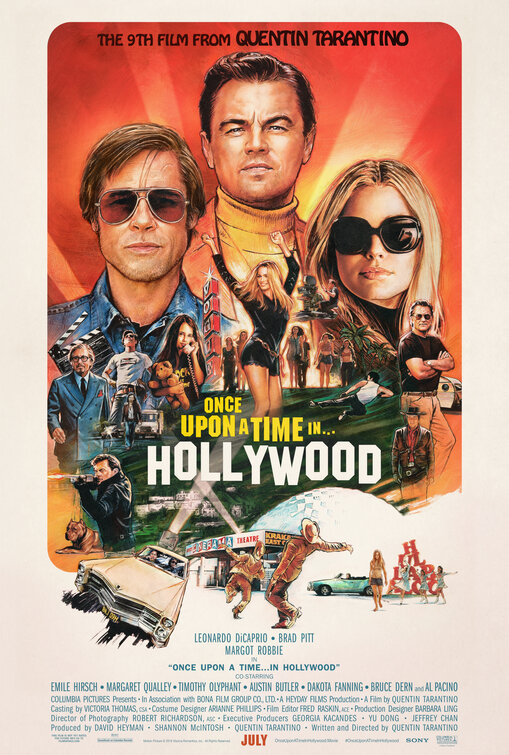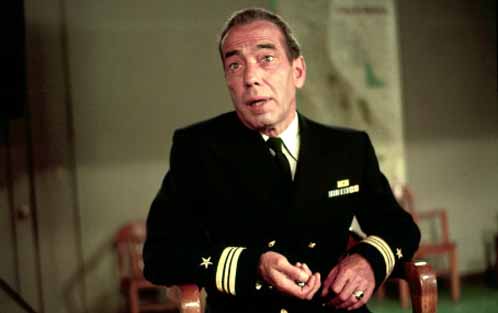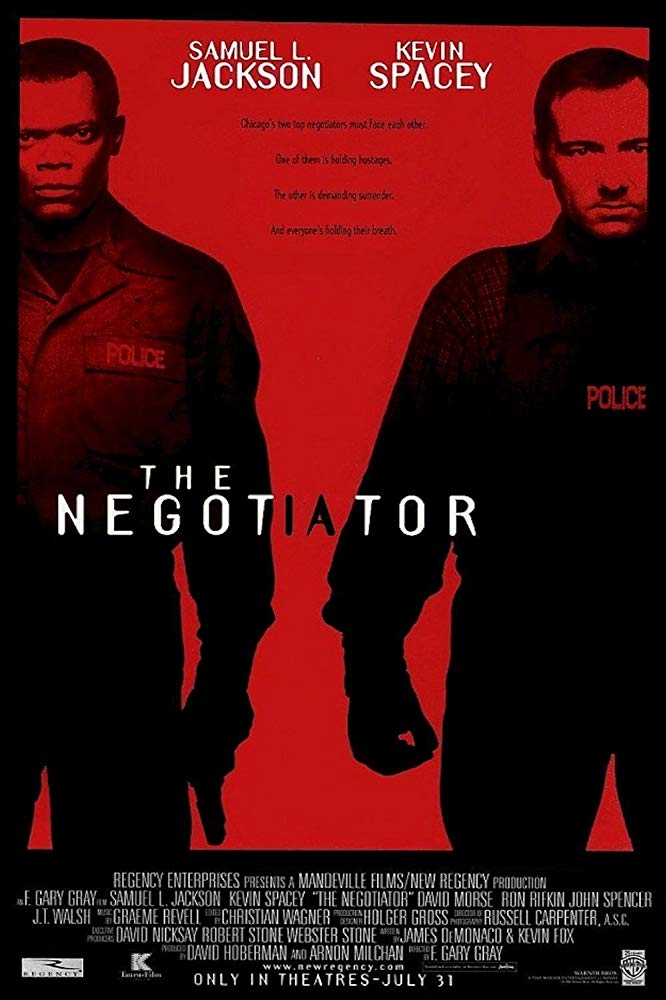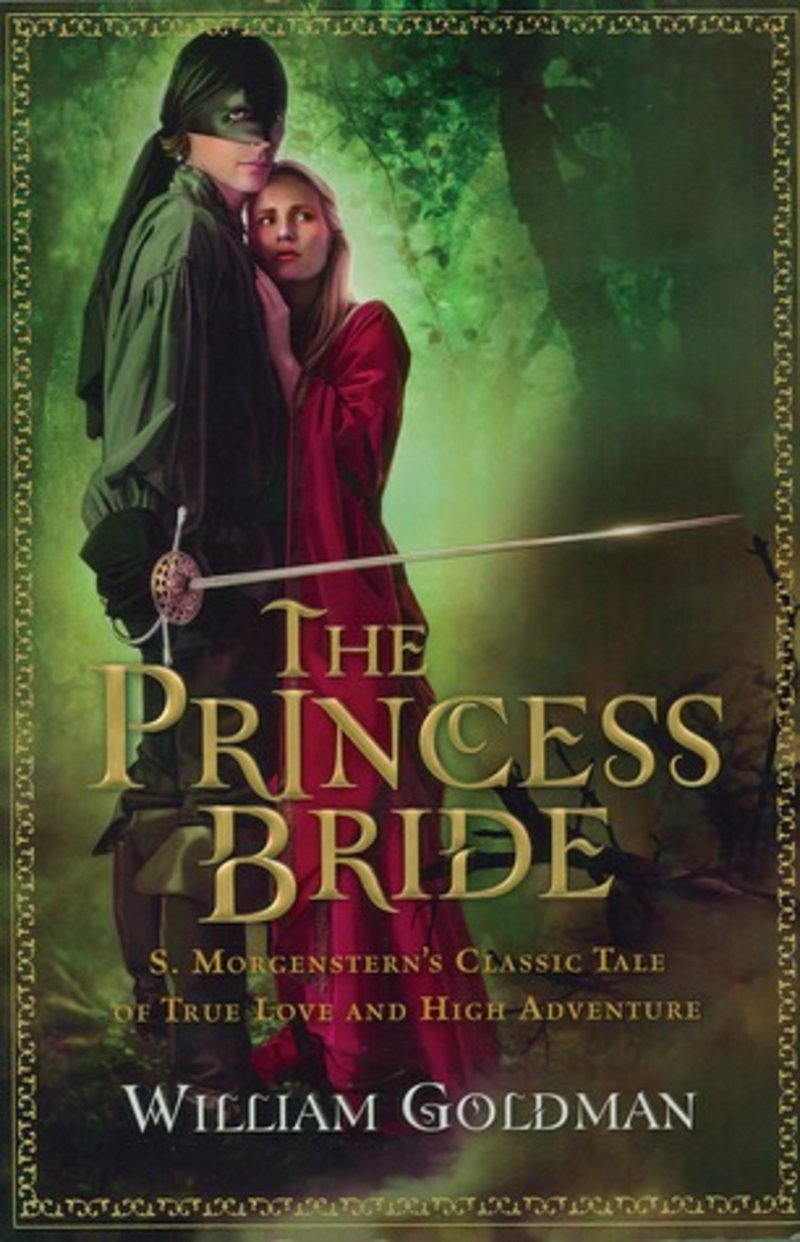Road House: “Pain don’t hurt”

Road House is one of my favorite movies. Ever.
The category “guilty pleasure” is kind of silly. It’s supposed to mean movies that “real” film people disrespect, that you love, and therefore that you feel guilty about loving. There’s no reason to feel guilty about movies you love. If that was a thing, many of our relationships would qualify as guilty pleasures, which mostly they are not.
By critical standards, Road House is not on any best of lists. But besides its entertainment value, it also contains a helpful dose of philosophy.
Dalton—one name only—is a world class cooler. One step above bouncers, who work for him, he maintains peace in rowdy clubs. Just the mention of his name elicits gasps from the staff at the Double Deuce, an out-of-control club in Missouri that Dalton is hired to straighten out.
Too many plot points here will spoil the movie for you (you are going to watch it, aren’t you?). Just know that Dalton has a cute meeting with a beautiful doctor in an emergency room, after he has been knifed.
DOC
How’d this happen?
DALTON
Natural causes.
DOC
(peers at cut)
Looks like a knife wound.
DALTON
Like I said.
(reaches down, hands the doctor a file from his case. The doctor scans the pages of extensive medical records.)
DOC
You’re a bouncer?
DALTON
Uh-huh.
DOC
Well, Mr. Dalton, you may add eighteen stitches to your dossier of thirty-one broken bones, two bullet wounds, eight puncture wounds and four stainless steel screws. That’s an estimate of course.
(prepares to suture)
I’ll give you a local.
DALTON
No thanks.
DOC
Do you enjoy pain?
DALTON
Pain don’t hurt.
DOC
(peers at folder)
Says you’ve got a degree from New York University.
DALTON
That’s right.
DOC
What in?
DALTON
Philosophy. Psychology.
DOC
Yeah?
DALTON
Uh-huh.
(doctor continues stitching)
DOC
What’d you study?
DALTON
Little of everything. Man’s search for faith. That sort of shit.
Even if you love the movie, you have to chuckle at Patrick Swayze’s ridiculous answer about his studies: “Little of everything. Man’s search for faith. That sort of shit.”
But the real key is his refusing a local anesthetic: “Pain don’t hurt.”
Besides knowing how to clean up a club, Dalton’s experiences and studies have made him wise.
According to some philosophies, in one sense, pain don’t hurt. That doesn’t mean there isn’t severe and excruciating pain, far beyond getting stitches in an emergency room. Pain you can’t pretend isn’t there or that you can think away. I don’t want to give Dalton (who has studied “that sort of shit”) or the scriptwriters too much credit, but they are on to something that various traditions teach. Besides the blessings of unabused painkillers, some degrees of over-attachment to pain or pleasure can keep us off balance. And while I don’t like disagreeing with Dalton, who was trying to impress a gorgeous doctor, it’s not that pain don’t hurt, but that pain can hurt differently.
“Pain can hurt differently” isn’t much of a movie line. Especially in one of the greats.
© 2024 by Bob Schwartz








